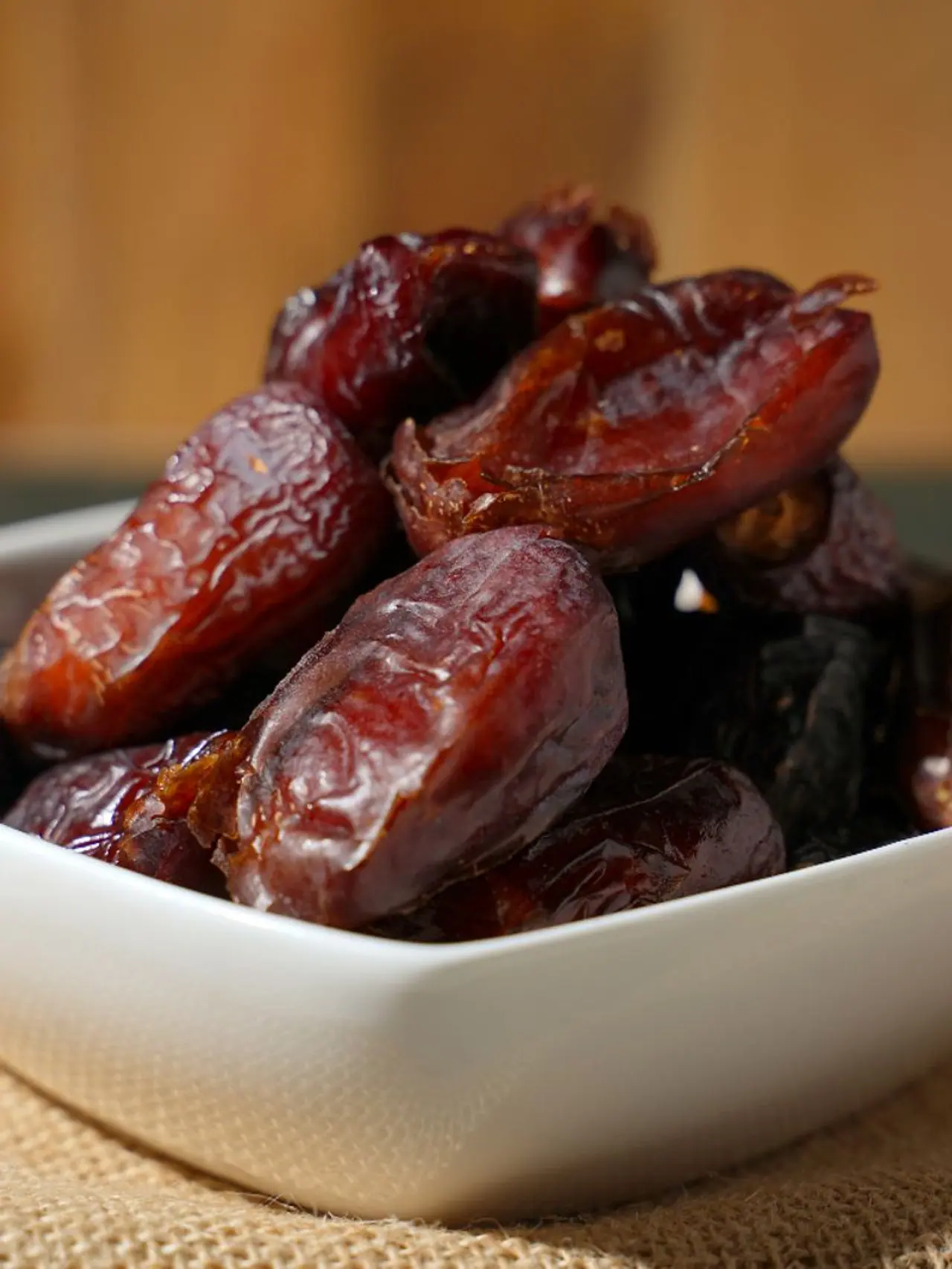- Home
- Lifestyle
- Health Life
- Digestion to heart health: 7 surprising health benefits of eating dates in winter
Digestion to heart health: 7 surprising health benefits of eating dates in winter
Learn about the various health benefits of consuming dates during the winter season.

People face various health issues during winter. They often make dietary changes to stay healthy. Adapting one's diet to the season is beneficial.

Eating dates in winter is very good for health. The nutrients in dates not only benefit overall health but also help alleviate various health problems. This article explores the benefits of eating dates in winter.
Good for Bones: Many people suffer from joint pain in winter. Eating a few dates daily can help. Dates can compensate for Vitamin D deficiency due to limited sunlight. The calcium strengthens bones and teeth. Nutrients like potassium, phosphorus, and magnesium contribute to bone health.
Improves Heart Health: The risk of heart attack increases in winter. Eating dates can help maintain heart health by reducing bad cholesterol levels.
Improves Digestion: Dates contain soluble and insoluble fiber, which play a crucial role in reducing digestive problems. Eating dates in winter is beneficial for those with a weak digestive system.
Good for the Brain: Dates are rich in antioxidants that improve brain health. Nutrients like potassium and vitamin B6 are also beneficial for the brain.
Helps in Weight Loss: Dates are low in calories and high in fiber, making them beneficial for weight loss. They keep you feeling full, preventing overeating.
Good for Cold and Cough: Dates can provide relief from cold and cough, common winter ailments. The nutrients in dates boost immunity.
Combats Anemia: Dates are beneficial for those suffering from anemia in winter. The fiber and vitamin C help absorb iron.
Controls Diabetes: Diabetics can enjoy dates as they have a low glycemic index.